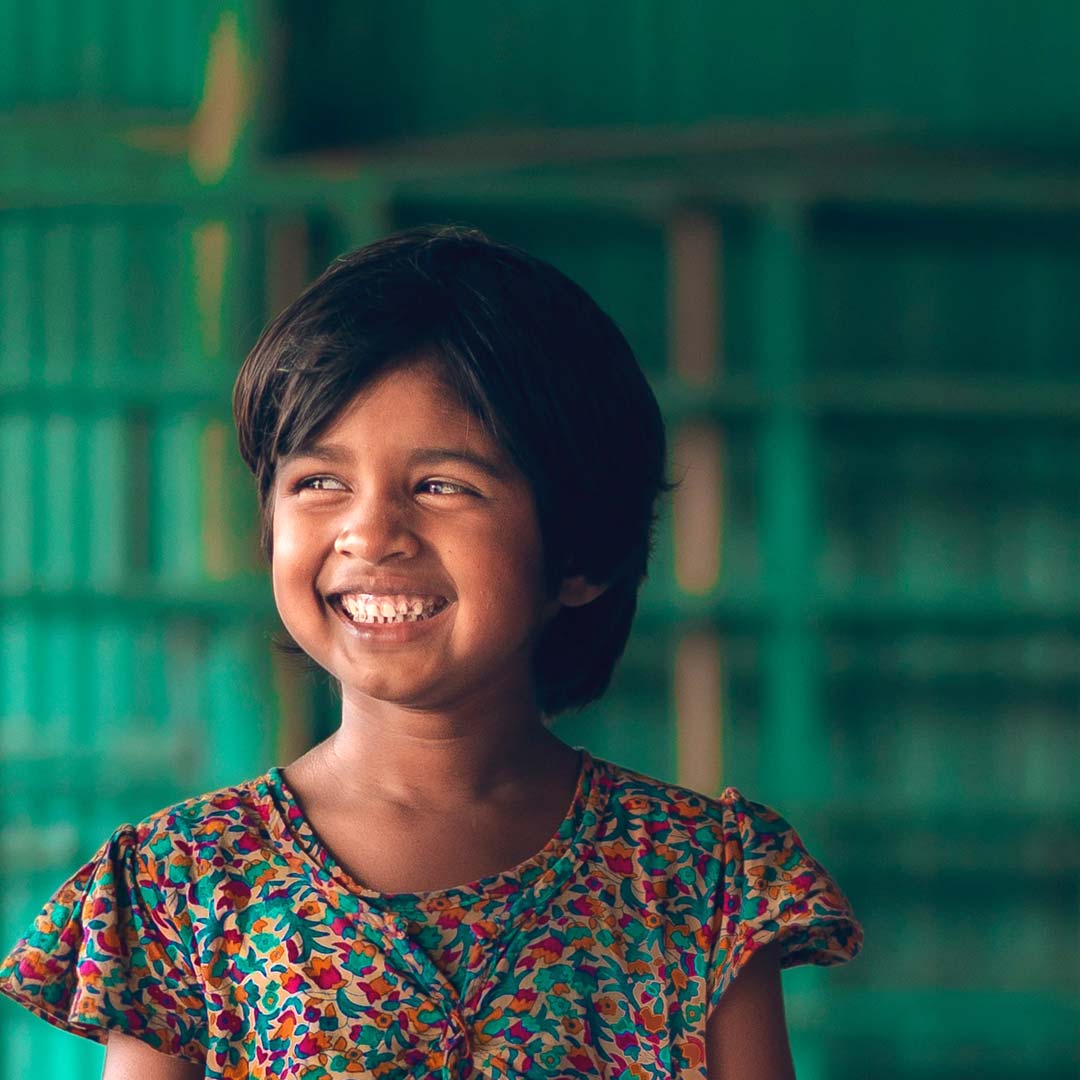According to the global scenario and the UN Convention on the Rights of the Child, child safety and rights in Bangladesh are multisectoral, inter-ministerial, and transdisciplinary. Civil society coalitions, parliamentarians, young people, and concerned institutions such as the National Human Rights Commission of Bangladesh advocate for legal protection, and strategic policy formulation, serving as preventive measures for Bangladesh’s juvenile population.
Corporate social responsibilities, such as smartphone applications that include children in the poorest urban areas – for example, Grameenphone) and child-friendly governance for child-sensitive protection (namely, BRAC, Save the Children), capitalize on children’s capacity to interact with the institutions that govern their education, health, information, value system, and safety net.
Correspondingly, in this densely populated Bangladesh, the formulation and implementation of child-affirmative, child-sensitive, and child-specific policy, rights, and governance landscape are critical. We can generate equitable policies, services, and a resource-efficient future for children’s holistic safety escape by considering a cross-sectional and integrated approach.
We can eventually achieve this by taking a sector-wide approach outlined below:
- Ensure child rights in order to prevent child trafficking
- Child empowerment, particularly for girls
- Legal and ethical guidelines for the prevention of child abuse
- Child labor abolition in accordance with international guidelines developed by UNICEF, ILO, WHO, and Save the Children, furthermore tailored to Bangladeshi needs
- Advocate for sound savings mechanisms for street children
- Advocate for child-sensitive budgeting as a transparent, credible, and accountable development strategy
- Child safety rights research, innovation, analysis, and advocacy
Although it may sound cliche, children are our future. As a result, we must nurture them towards becoming safe and sound human resources.




